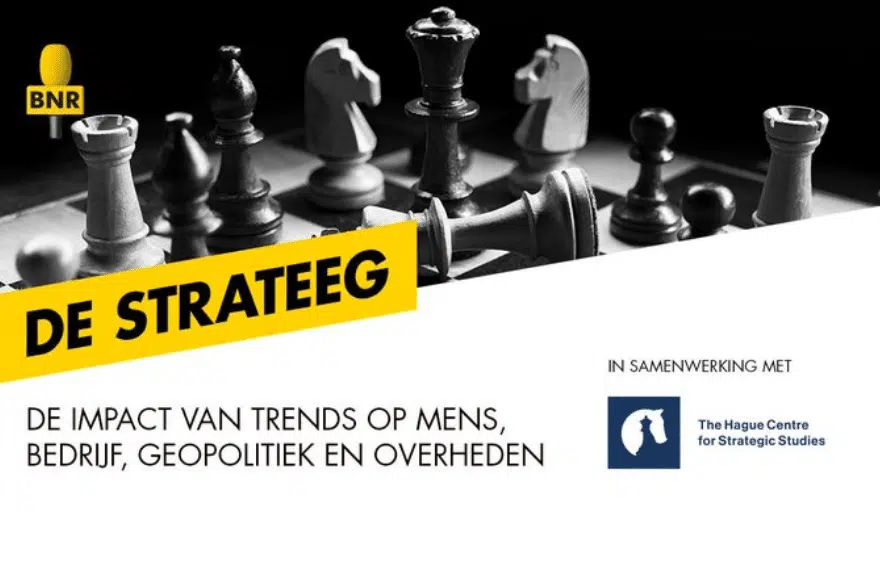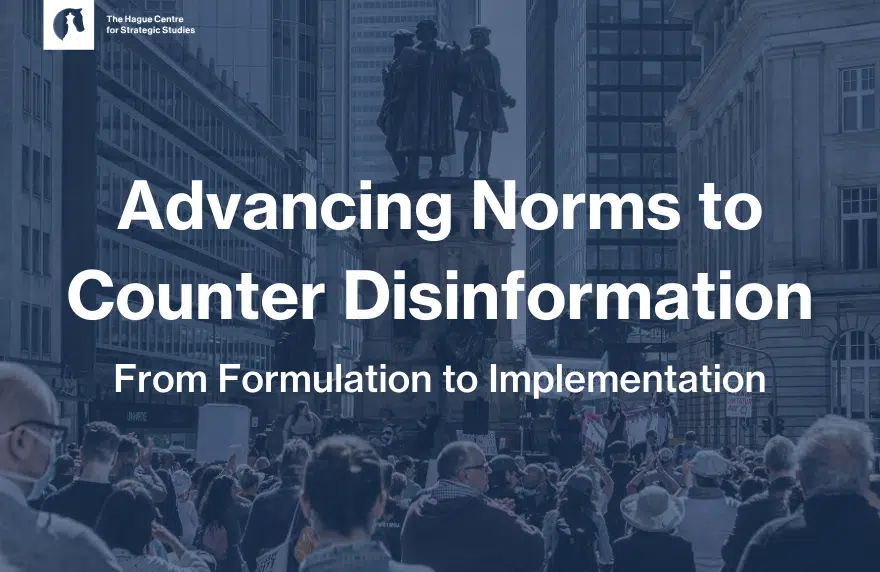The parallel front | An analysis of the military use of information in the first seven months of the war in Ukraine.
How does the informational battle impact the behaviour of people on the ground? The first seven months of war in Ukraine have reaffirmed that warfare does not only take place in the physical realm. This new paper by Sofia Romansky, Lotje Boswinkel and Michel Rademaker addresses 7 case studies to map the ways in which Ukrainian and Russian narratives developed and interacted.
Snake Island, the Ghost of Kyiv, the Sinking of the Moskva. These are but some of the episodes from the war in Ukraine which captured the attention of global audiences. In part, we were impressed by the resilience and bravery of Ukrainians, who from the start of the war stood as David in defiance against an intruding Goliath. But we were also captivated by the narratives that persistently appeared, and how they impacted the behaviour of both the Ukrainian and Russian sides.
The first seven months of fighting have reaffirmed that warfare does not only take place in the physical realm. Rather, in modern high-intensity warfare, an ongoing informational battle interacts with and impacts the behaviour of people on the ground.
Outside of command and control, information can influence the morale of troops as well as their movement, and spotlight key battle locations. And, although the deliberateness and meaning behind certain information manoeuvres, like narratives, can prove difficult to identify, the war in Ukraine has created a unique opportunity to study the interaction between the informational and physical domains in real time.
This paper will look at seven case studies to map the ways in which Ukrainian and Russian narratives developed and interacted. In doing so, we attempt to disentangle the various information influencing tactics employed in the war thus far, as well as draw out key conclusions that must be learnt.
The authors would like to thank Björn de Heer, Karel Berkhout, and Raffaele Minicozzi for their useful comments and suggestions.
This production has been written as part of the project Platform Influencing Human Behaviour, commissioned by the Royal Netherlands Army. The aim of this platform is to build and share knowledge on information-based behavioural influencing in the military context. Responsibility for the contents rests solely with the authors and does not constitute, nor should it be construed as, an endorsement by the Royal Netherlands Army.









